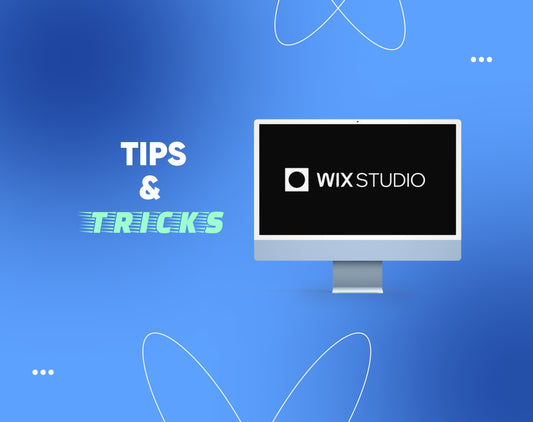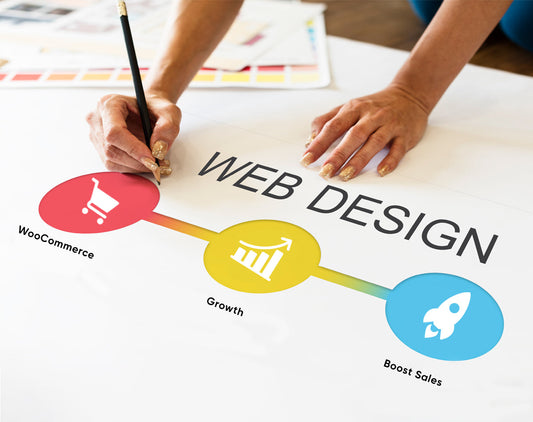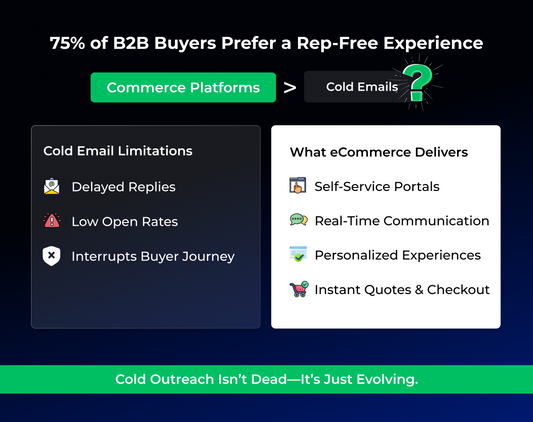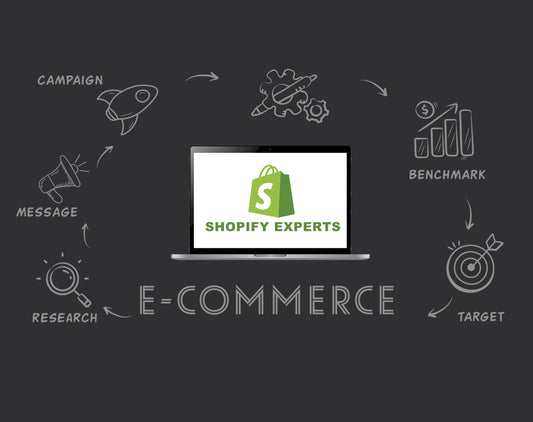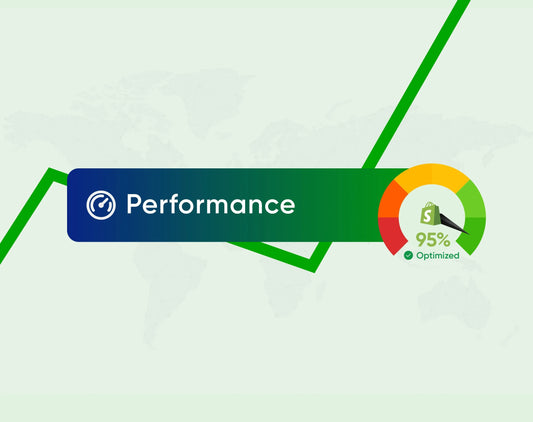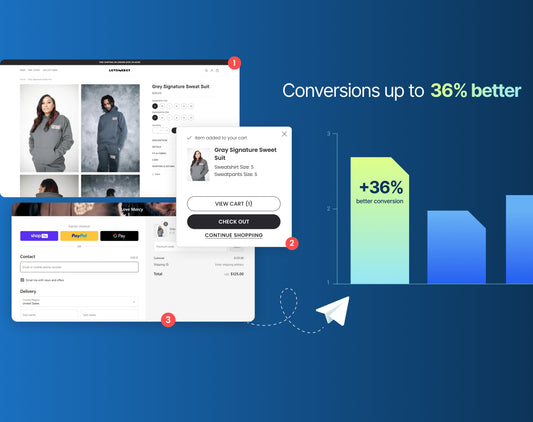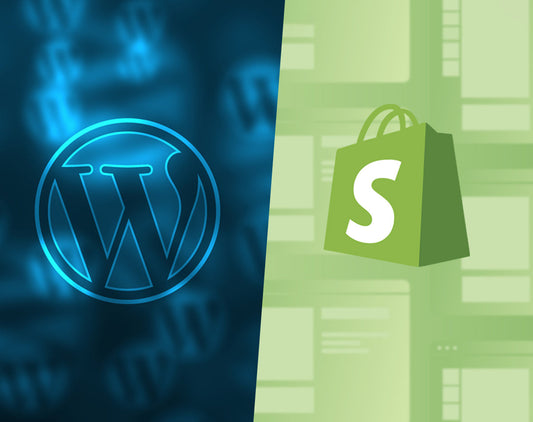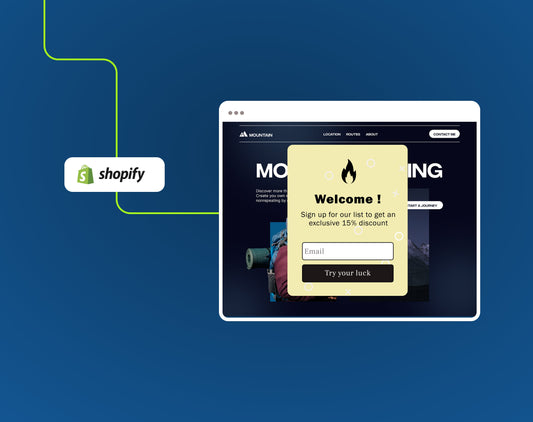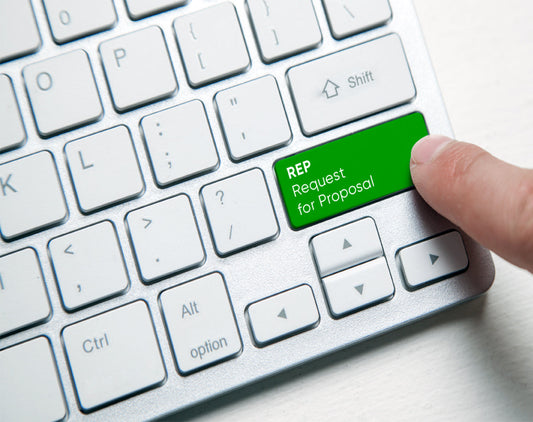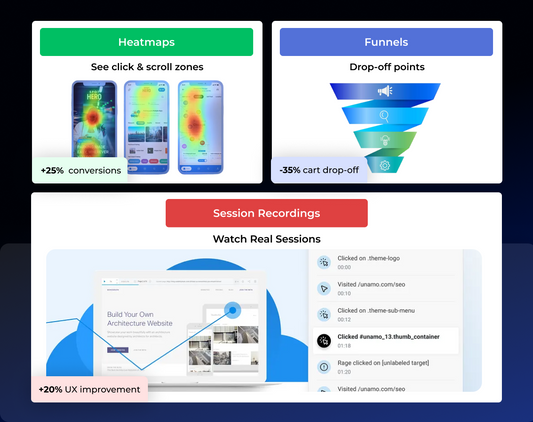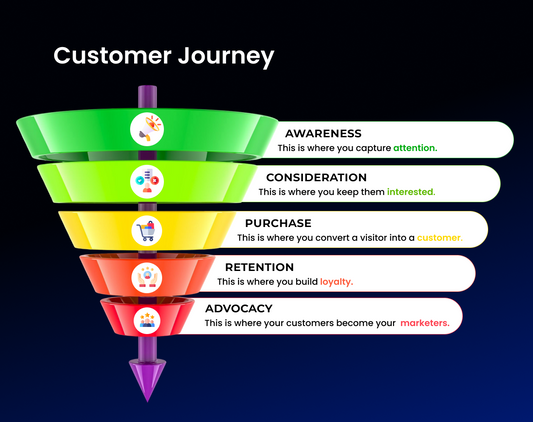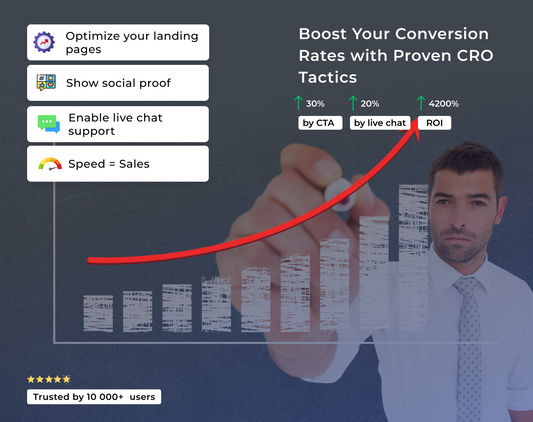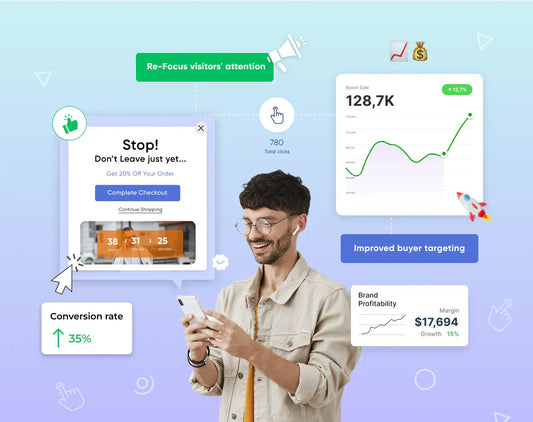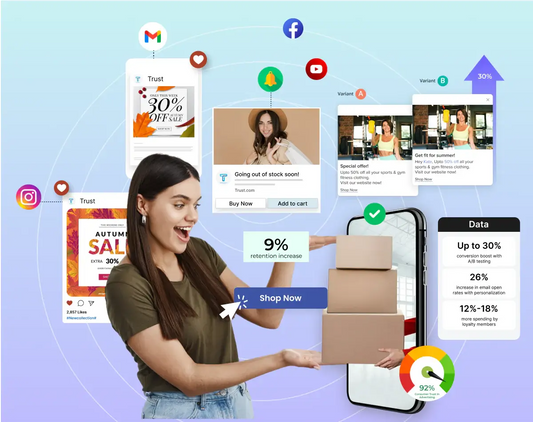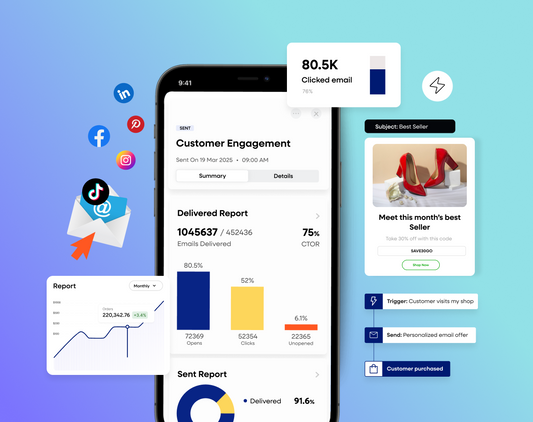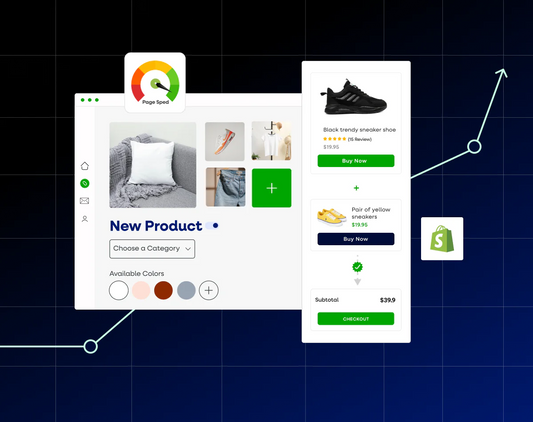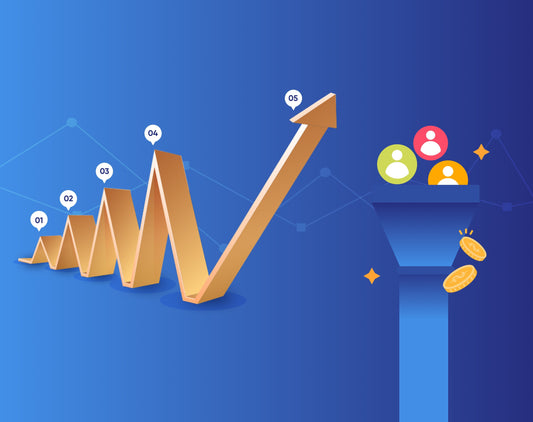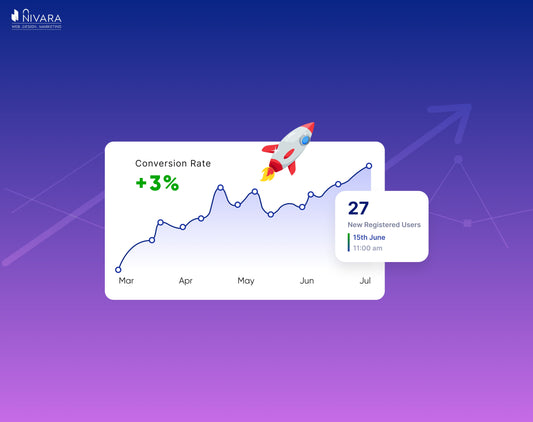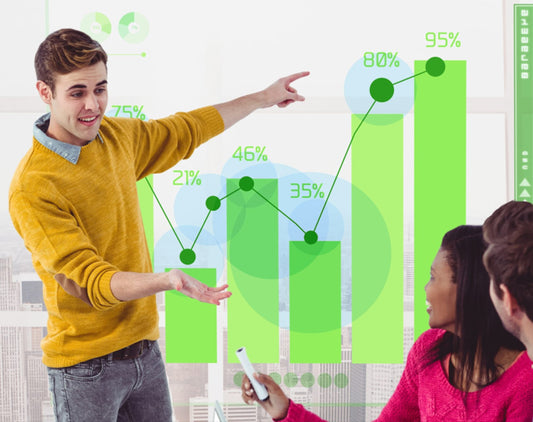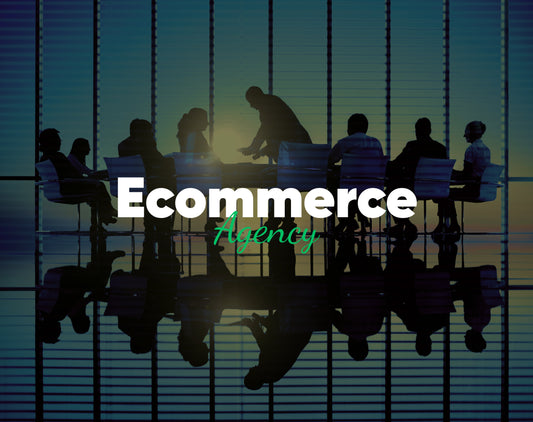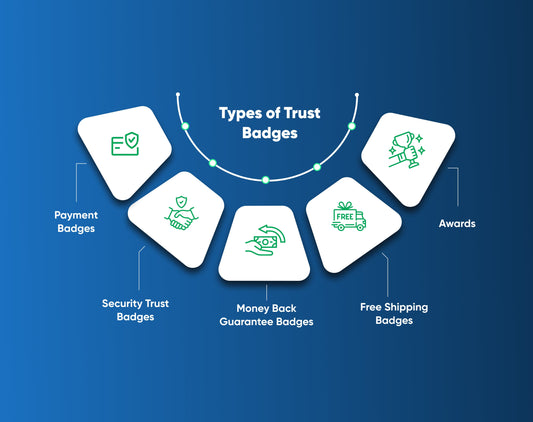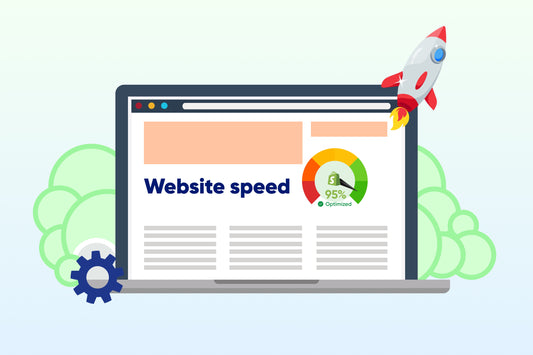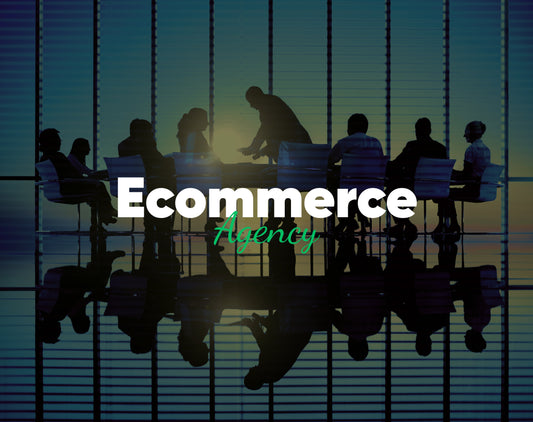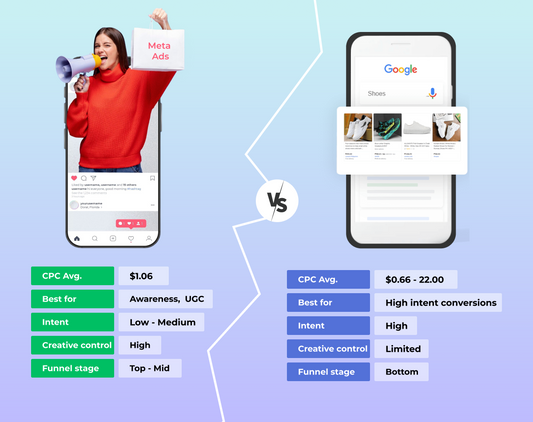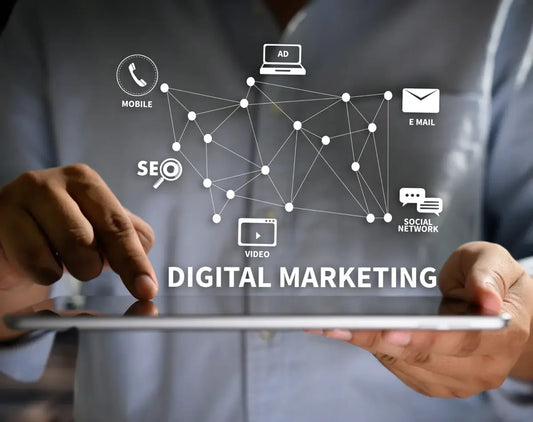In This Story
Comprehending data is the key to boosting sales and growing in the eCommerce sector. The Shopify analytics tools provide valuable data for companies, particularly when focusing on B2B markets, to improve their store's strategies. Understanding Shopify analytics can enhance your strategy and boost your B2B conversion rate, whether working alone or collaborating with a Shopify agency.
Let's explore the key components of Shopify analytics and learn how to use this data to make better business decisions, enhance your store's performance, and ultimately boost sales.
The Importance of Data in Ecommerce
Operating an eCommerce site goes beyond showcasing products for sale on a webpage. Understanding the data that powers it is the key to the success of any eCommerce business. Data for Shopify store owners goes beyond revenue tracking to include customer acquisition sources, on-site behaviors, and purchasing patterns.
To boost your Shopify B2B conversion rate you need an understanding of the correct metrics and tweak strategies using this data. This is important for B2B companies with a sales process that is often lengthier and more intricate than B2C (business-to-consumer) operations.
Key Shopify Analytics Metrics You Should Track
To effectively boost sales using Shopify analytics, it is crucial to concentrate on the correct metrics. Here are some main areas to focus on:
1. Traffic Source Reports
Traffic source reports inform you if the origin of website visitors is organic search, social media, email campaigns, or direct traffic. Knowing your primary sources of website visitors enables you to focus more resources on the marketing channels that are generating the highest quality leads. LinkedIn, industry-specific websites or search engines could serve as the primary sources of traffic for B2B stores.

By concentrating on these effective channels, you can reach the right audience and improve your Shopify B2B conversion rate.
2. Customer Behavior Reports
Recognizing how clients engage with your shop is essential for pinpointing obstacles in their buying journey. Shopify's behavior reports assist in comprehending the visitors’ actions on your website, such as the pages they start on, the products they browse, and where they exit. If large numbers are leaving the cart, it may indicate that improvements are needed in the checkout process.

Improving it can assist in smoothly leading customers from browsing to making a purchase, boosting the Shopify B2B conversion rate.
3. Sales and Conversion Reports
Reports on sales and conversions offer a glimpse into the effectiveness of your store in converting visitors into customers. You can monitor total sales, average order value, and conversion rates. Analyzing these reports for B2B stores can assist in recognizing trends in customer buying habits, like the top product categories or when sales peak during the year.

By recognizing these patterns, you can customize your marketing strategies or offers to take advantage of high shopping times, leading to increased Shopify B2B conversion rates in the end.
4. Product Performance Reports
Performance reports for products assist in determining which items are top sellers and which ones are not performing well. Providing the correct product assortment is essential for B2B stores to preserve strong connections with customers. If specific items are consistently popular, think about promoting them more or offering them in bundles with other products to raise your average order value.

On the contrary, if some products are not selling well, changing prices, improving product descriptions, or providing discounts might help. Gaining insight into how products perform helps in making informed choices that enhance sales.
Strategies to Improve Your Shopify B2B Conversion Rate
Monitoring your Shopify analytics information is only the initial stage. To boost sales and improve your Shopify B2B conversion rate, utilize this data to guide your tactics. Below are a few practical measures you can implement:
1. Optimize Your Website for B2B Buyers
B2B buyers typically have varying needs in contrast to B2C consumers. They might have to purchase large quantities, ask for price estimates, or engage with a salesperson. Ensure that your website is optimized to address these requirements. Provide options such as pricing based on volume, personalized ordering choices, and easily accessible contact information for sales questions.
Simplify the buying process by minimizing resistance during the checkout. If you're not sure where visitors are losing interest, explore Shopify’s behavior reports to pinpoint the specific points of hesitation.
2. Personalize Your Marketing Efforts
Shopify analytics helps you divide your audience into groups and customize marketing strategies for each customer segment. For example, if a particular business regularly buys large quantities of a specific item, it should send specialized email promotions showcasing discounts for that product group.
Customized interactions can significantly boost your Shopify B2B conversion rate since customers appreciate brands that address their specific requirements.
3. Leverage Data for A/B Testing
Analyzing data from Shopify offers valuable insights for conducting A/B tests. To enhance your Shopify B2B conversion rate, testing various aspects of your website like product pages, call-to-action buttons, and email campaigns is necessary.
You could experiment with various pricing structures for bulk purchases or test different product page designs to determine which one yields higher. Ongoing testing and optimization can elevate your overall conversion rate.
Working with a Shopify Agency or Ecommerce Experts
If you're uncertain about your understanding of Shopify analytics or are looking to elevate your store, collaborating with a Shopify agency or a group of eCommerce professionals can make a significant difference. These professionals possess the knowledge and skills to thoroughly analyze your data, pinpoint areas for improvement, and execute strategies that boost sales.
A Shopify agency can assist in creating and implementing marketing strategies based on data, improve your website for increasing conversions, and offer continuous support as your business expands. Partnering with professionals can optimize your sales potential by enhancing ad targeting, improving website design, or simplifying the checkout process.
Shopify analytics is a strong instrument that can aid in understanding your store's performance and making informed decisions based on data, resulting in higher sales. You can enhance your Shopify B2B conversion rate by analyzing important data such as traffic sources, customer behavior, and conversion rates.
Whether you decide to manage these insights internally or collaborate with a Shopify agency or eCommerce experts, the important thing is to constantly monitor and adapt your tactics according to the data. By taking this action, you will have an advantage in boosting sales, enhancing customer happiness, and attaining lasting success in the competitive eCommerce industry. For more such blogs, keep following Nivara Commerce.


